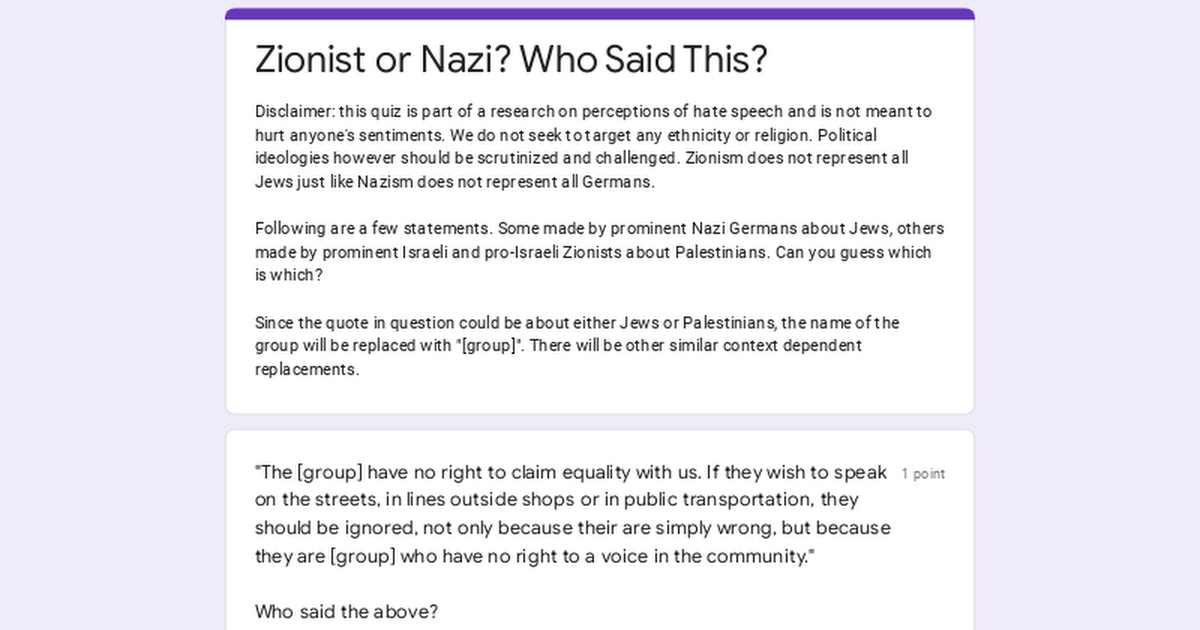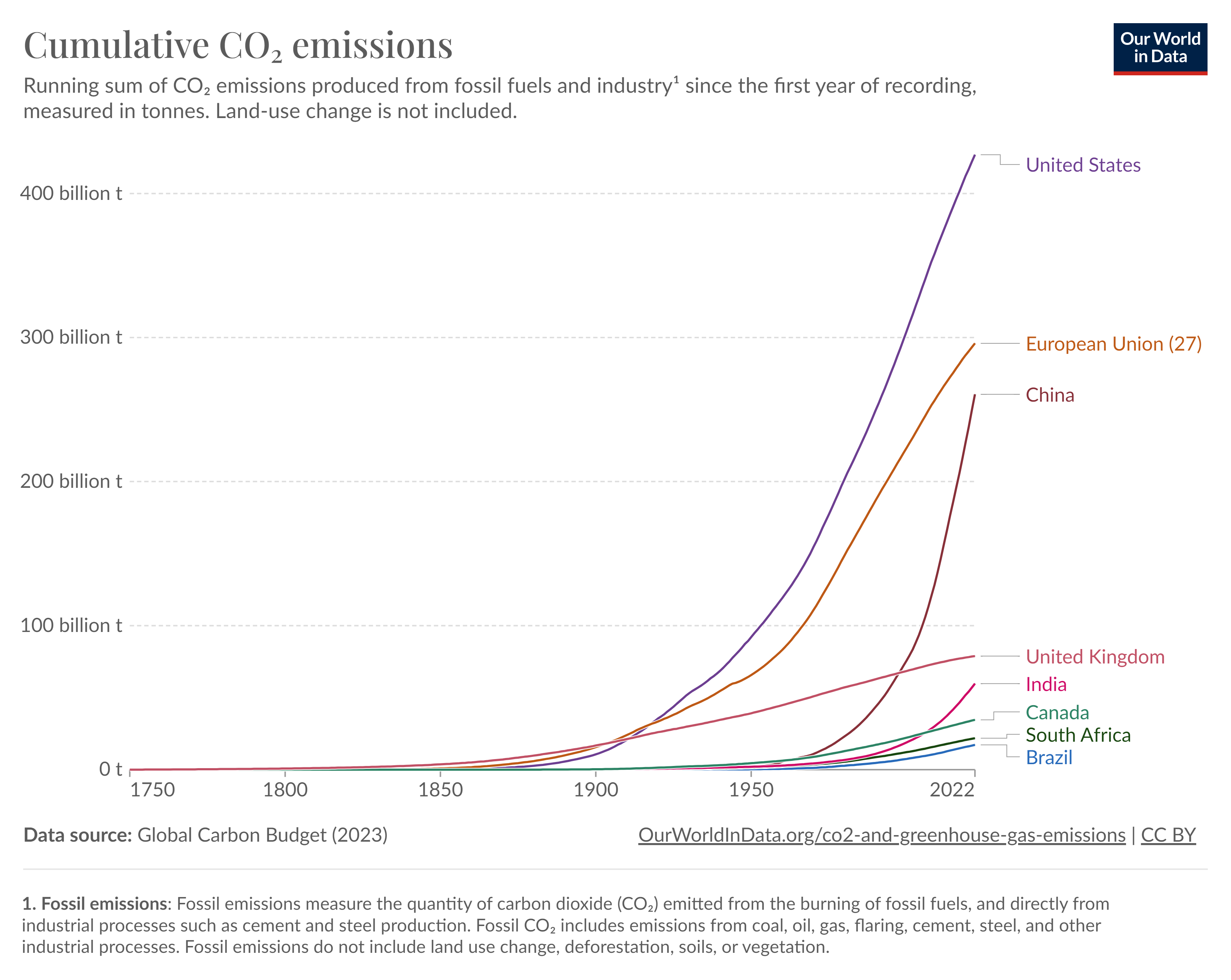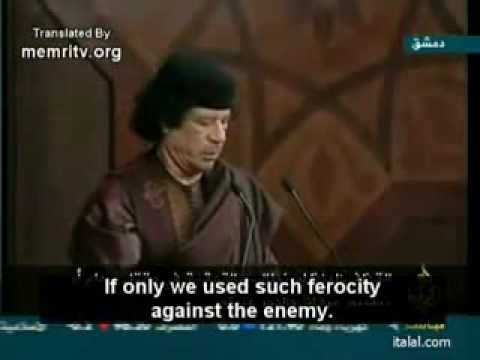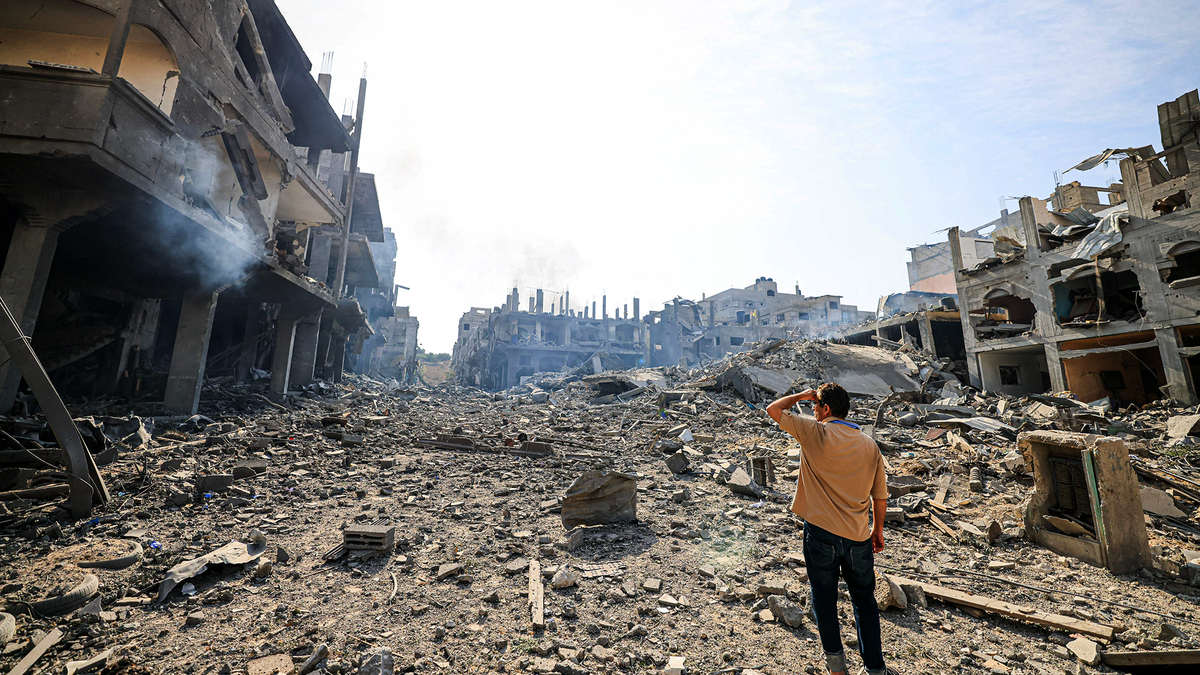

Zelensky instead increased weapons imports from NATO countries, which was the last straw for Putin. So, on Feb. 21, 2022, Russia recognized the independence of Donbas, deployed troops there for “peacekeeping,” and demanded Zelensky renounce his quest for NATO military assistance and membership.
When Zelensky again refused, Putin massively expanded his military offensive on Feb. 24. Intentionally or not, Zelensky had provoked Russian aggression, although that obviously does not excuse Moscow’s subsequent war crimes.
So is this article implying that either a) the 2022 ‘SMO’ was planned in a very short amount of time (3 days or so?) in response to Zelensky accepting NATO arms or b) that the “invasion” was already planned for significantly longer by Russia and that Putin would have retracted his plan to launch the invasion over one decision by Zelensky between 21-24 Feb 2022? How would Zelensky look if he rejected arms while in immediate anticipation of an invasion planned by Russia? The subsequent operation really undermines the pretext that Russian soldiers were deployed to Donbass for peacekeeping (the author placed the words in quotation marks).
The author in this passage accuses Russia of war crimes and claims that it’s obvious they aren’t excused by Russia being provoked. When you say that you uncritically support Russia’s “invasion” of Ukraine you didn’t mean to include war crimes in that though, right? I just feel uneasy about discourse which seems (to me) to be too generous towards Russia’s narrative given their war crimes.

















What I meant was just that a full scale invasion must take a long period of time and state resources to prepare. I think that western governments would’ve had intelligence that Russia had a plan to invade Ukraine, and the mobilisation of troops would’ve been seen as the preparation by Russia to invade Ukraine. The article frames the invasion as a response to Zelensky refusing to be in a militarily weaker position against Russia. Is it not fair to view Russian troops in Donbas (internationally recognised as part of Ukraine) as a possible threat to the security of Ukrainian territory west of the Donbas? There’d have to be trust that Putin wouldn’t violate Ukraine’s territory for them to distance themselves from NATO in their situation. You’re right that I wasn’t clear when I read back.
Historically the US has committed an ocean of war crimes and they might have even exaggerated the extent of war crimes committed by Russia but I’m confident that groups like Wagner will have committed war crimes in Ukraine, and also the ICC issued an arrest warrant against Putin for the forcible transfer of children to occupied territory. I didn’t mean to say you shouldn’t support the Russian operation, but isn’t critical support in a context where you view NATO as the aggressor in this case more understandable? That’s what I meant, maybe I sound like a lib. I just don’t really seem 100% convinced by arguments I see about Ukraine on lemmygrad tbh.